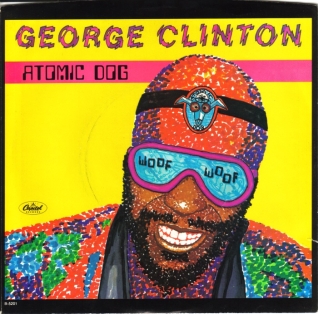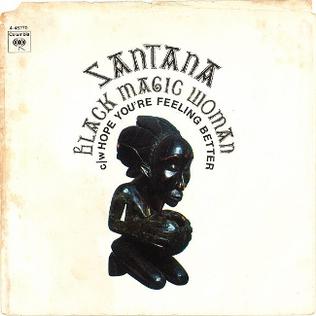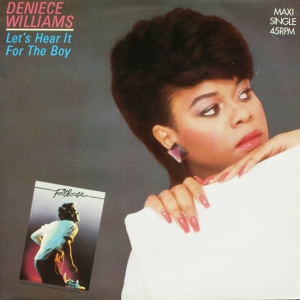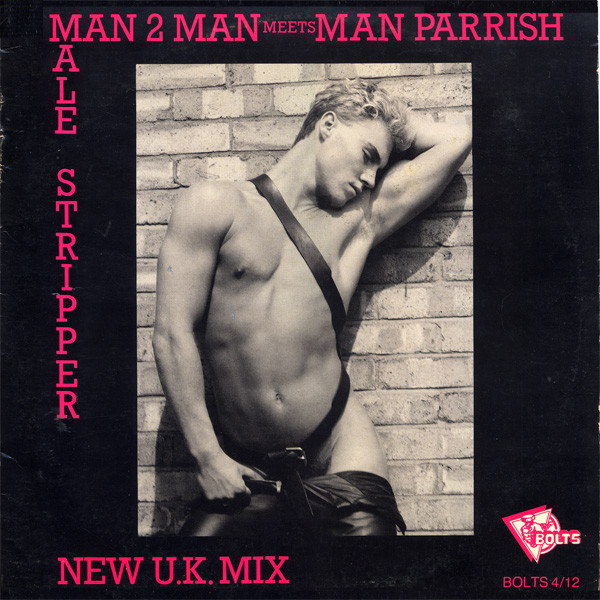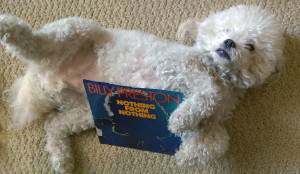Just how popular were the Bee Gees in 1978? So big that they accounted for two percent of the record industry’s profits that year.
On January 1, 1978, the trio, made up of brothers Barry, Maurice and Robin Gibb, were at #1 with “How Deep is Your Love,” which the three performed, wrote and co-produced. It stayed on top for three weeks. In February they returned to the #1 position with “Stayin’ Alive.” That stayed at #1 for four weeks. It was knocked from the top spot by “(Love Is) Thicker Than Water,” performed by Andy Gibb, younger brother of the Bee Gees. “Thicker Than Water” was co-written and co-produced by Bee Gee Barry Gibb. “Thicker Than Water” was knocked from the top spot after two weeks by “Night Fever,” performed, written and co-produced by the Bee Gees. That song remained at #1 for eight weeks, only to be knocked from the top by “If I Can’t Have You,” performed by Yvonne Elliman and written and co-produced by the Bee Gees. Starting in mid-June, “Shadow Dancing,” written by the Bee Gees and Andy Gibb, co-produced by Barry Gibb, and performed by Andy Gibb went to #1 and stayed there for seven weeks. In late August Frankie Valli had his first #1 single in three years with “Grease,” written and co-produced by Barry Gibb.
Not everything they touched hit #1 that year. “Emotion,” written by Barry and Robin Gibb, co-produced by Barry Gibb and performed by Samantha Sang, peaked at #3 in March 1978. It was kept from #1 by “Night Fever” and “Stayin’ Alive.”
The album from which “Night Fever,” “Stayin’ Alive,” “How Deep is Your Love” and “If I Can’t Have You” were taken is the soundtrack to the film Saturday Night Fever, which spent 24 weeks at #1 and became the largest-selling album in history at that time. It remains the only soundtrack to have spawned four #1 singles. It could have been five if the Bee Gees’ version of their composition “More Than a Woman” had been released as a commercial single. Instead, the Tavares version of the song, which also appears on the soundtrack, was the single and became a top forty hit. Saturday Night Fever became the first soundtrack album to win the Grammy Award for Album of the Year. The Bee Gees also won Grammy Awards for Best Pop Performance by a Duo or Group with Vocals (both “How Deep is Your Love” and “Stayin’ Alive”) and Best Vocal Arrangement for Two or More Voices (for “Stayin’ Alive”), and Barry Gibb, along with Albhy Galuten and Karl Richardson, won Producer of the Year.
In 1978 the Bee Gees were connected with another high-profile movie project: Sgt. Pepper’s Lonely Hearts Club Band, in which they starred and performed on the soundtrack. Though Robin Gibb hit #15 with the film’s “Oh! Darling”, the album and film were considered flops.
The relative failure of Sgt. Pepper’s notwithstanding, the Bee Gees remained huge throughout 1978. Their blend of pop, soul, and dance music gave them mass appeal. Besides hitting #1 on the pop charts, “Stayin’ Alive” and “Night Fever” were top ten hits on the r&b and disco charts.
Tunes du Jour celebrates Throwback Thursday this week with the music of 1978. The Bee Gees may have dominated the mainstream, but as you’ll hear, rumblings of new and exciting permutations of rock & roll were rumbling under the surface.
We’ll kick off today’s playlist with the song that went to #1 in the UK, Canada, Australia, the Netherlands, Italy, Mexico, New Zealand, South Africa and the US.
Click here to like Tunes du Jour on Facebook!
Follow me on Twitter: @TunesDuJour
